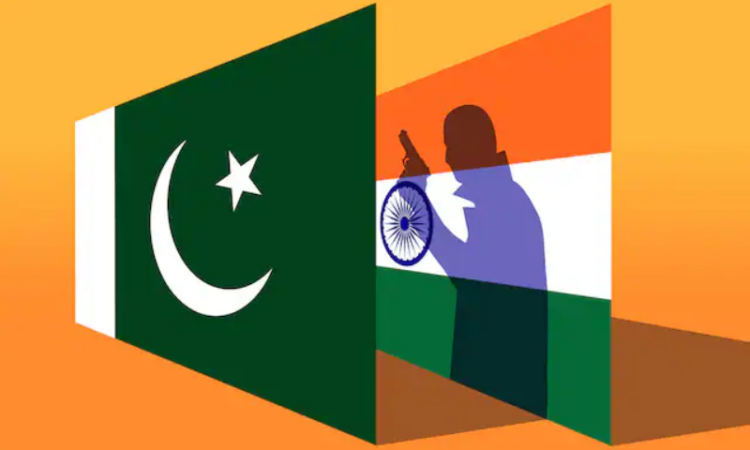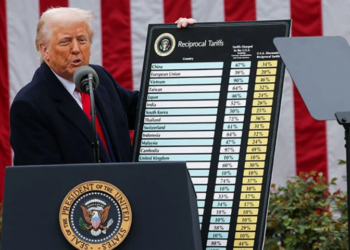Islamabad, January 1, 2025: A report by The Washington Post has alleged that India’s Research and Analysis Wing (RAW) orchestrated a covert assassination campaign, fueling a surge in targeted killings in Pakistan.
The report highlights Indian Prime Minister Narendra Modi’s aggressive foreign policy approach, portraying him as the most assertive Indian leader since independence and a driving force behind these actions. These revelations mark a new phase in the shadow conflict between the two nuclear-armed neighbors.
One prominent case involves the assassination of Amir Sarfaraz, known as “Tamba,” in Lahore in April 2023. Sarfaraz, a former prisoner linked to the 2011 murder of an Indian intelligence officer, was shot by motorbike gunmen. Pakistani authorities assert that the attack bore hallmarks of Indian involvement. This incident is part of a series of killings that Pakistani officials claim began escalating in 2021.
Investigations reportedly uncovered a sophisticated network directed by RAW. Pakistani and Western intelligence officials allege that intermediaries in Dubai coordinated operations by hiring local criminals or Afghan nationals and transferring funds through informal banking systems like hawala. Operatives allegedly acted on intelligence gathered through India’s extensive regional network.
According to the report, India’s “murder-for-hire” strategies were initially honed in Pakistan before being employed in other countries. India’s National Security Adviser, Ajit Doval, expressed support for covert actions against Pakistan in 2014, stating that direct invasion was impractical but covert measures could be used to counter threats emanating from Pakistan.
Historical precedents include the 2012 attempted assassination of Kashmiri militant leader Syed Salahuddin and the 2013 killing of Nasiruddin Haqqani, allegedly linked to India. However, the campaign intensified after Modi’s reelection in 2019, which emphasized a hardline stance on Pakistan.
Pakistani officials have condemned these actions as destabilizing and detrimental to regional peace. Islamabad has raised concerns with global stakeholders, urging an impartial investigation. Experts warn that such operations exacerbate South Asia’s instability, where decades of animosity have already fueled armed conflicts and proxy wars.
The report also draws parallels to RAW’s activities in Western countries. In 2021, a U.S. federal indictment implicated RAW officer Vikash Yadav in an assassination attempt on Pannun, a Sikh separatist in New York. The plot was foiled after Yadav’s associate contacted a DEA informant. Similarly, Canadian officials uncovered Indian campaigns involving surveillance, intimidation, and attempted assassinations targeting the Sikh diaspora.
Christopher Clary, a political science professor at the State University of New York, likened RAW’s methods to those of Israel’s Mossad, which has executed operations in less-developed regions but faced exposure, such as the 2010 Dubai assassination of a Hamas leader.
The 2023 killing of Hardeep Singh Nijjar, a Sikh separatist in British Columbia, further strained India-Canada relations. While India has denied involvement, officials maintain that their actions aim to combat terrorism and protect national security.
Despite occasional peace overtures, relations between India and Pakistan remain tense. Islamabad asserts that India’s covert actions aim to pressure Pakistan on Kashmir and counter-militancy policies. Meanwhile, both nations face internal challenges—Pakistan grapples with economic crises, and India contends with international scrutiny over its human rights record.
These allegations of covert killings add a volatile dimension to an already precarious geopolitical landscape.








